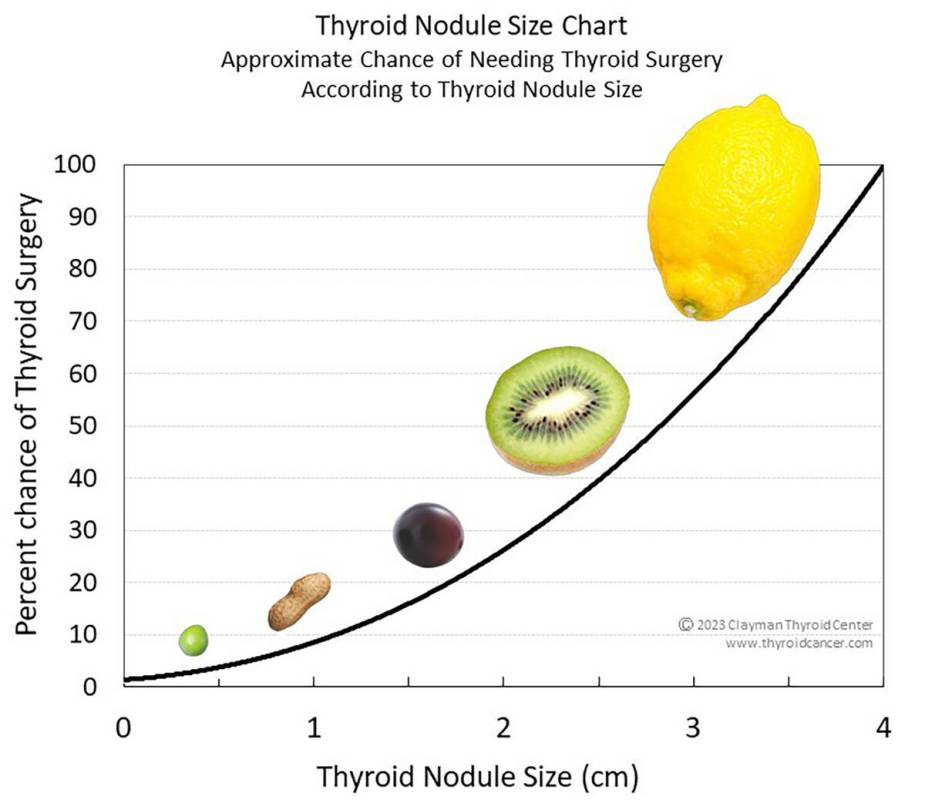
Did you know that one in 20 people has some kind of thyroid disorder?
An estimated 20 million people in the U.S. have some form of thyroid disease. Up to 60 percent of those with thyroid disease are unaware of their condition.
The thyroid gland, a butterfly-shaped gland, is located in the front of the neck. The thyroid takes iodine from the diet and produces hormones. It is also responsible for regulating metabolism and affects a person’s physical energy, temperature, weight and mood.
According to the Centers for Disease Control and Prevention, the thyroid is important in many ways for keeping your body healthy. It sends out certain chemicals (hormones) that help control many activities in the body, such as breathing and pumping blood.
The thyroid helps children’s bodies develop as they grow up, including getting taller and putting on muscle. It helps control weight and is also involved in other functions.
The two main hormones produced by the thyroid gland are levothyroxine (T4) and liothyronine (T3).
Thyroid disease is common, especially among older people and women.
Two broad groups of thyroid disorders include abnormal function and abnormal growth (nodules) in the gland. Functional disorders are usually related to the gland producing too little thyroid hormone (hypothyroidism) or too much thyroid hormone (hyperthyroidism).
Checking for thyroid disease involves an evaluation of the thyroid by an experienced doctor.
If you are concerned about exposure to iodine-131 from Hanford or experience thyroid disease symptoms, you should see your doctor for a thyroid evaluation.
Abnormal thyroid function symptoms
Symptoms of too little thyroid hormone, or hypothyroidism, include: depression or feeling blue; trouble concentrating; tiredness; dry skin and hair; weight gain; and feeling cold all the time.
Symptoms of too much thyroid hormone, or hyperthyroidism, include: nervousness and anxiety; weight loss; tremors (shaking); fast, irregular pulse; tiredness; and feeling hot all the time.
You should also know the symptoms of thyroid cancer. A lump or swelling on the side of the neck is the most common symptom. Other symptoms are having trouble breathing, having trouble swallowing and having a hoarse voice.
These symptoms can also come from other conditions.
If you have any of these symptoms, talk to your health care provider right away. Don’t wait for symptoms to worsen.
To Your Health is provided by the staff of Boulder City Hospital. For more information, call 702-293-4111, ext. 576, or visit bchcares.org.